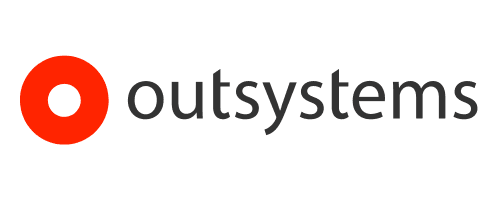Software Feature
Enterprise / Custom Licensing

Enterprise Software Licensing with Custom Agreements: Tailored Solutions for Businesses
Software licensing for enterprises with custom agreements refers to providing tailored licensing solutions to businesses based on their specific needs and requirements. Unlike standard off-the-shelf software licenses, custom arrangements offer flexibility and customization options to meet the unique demands of enterprise-level organizations.
Customized Licensing Terms and Conditions
Custom agreements allow businesses to negotiate and define specific licensing terms and conditions that align with their operational and financial objectives. This includes license duration, user limitations, support and maintenance provisions, pricing structures, and potential scalability options. By customizing the licensing terms, enterprises can ensure that the software aligns with their business strategies and maximizes its value.
Flexible Pricing and Licensing Models
Enterprise software licensing with custom agreements often involves flexible pricing and licensing models. Businesses can negotiate volume discounts, enterprise-wide licenses, or per-user pricing structures tailored to their budget and scale of operations. Custom agreements provide the flexibility to select the most cost-effective licensing approach that suits the organization’s needs.
Enhanced Support and Maintenance
Custom agreements may include enhanced support and maintenance services beyond standard offerings. Enterprises can negotiate dedicated support teams, guaranteed response times, priority access to updates and patches, and additional training or consulting services. These personalized support and maintenance provisions ensure that businesses receive the necessary assistance and uninterrupted operation of critical software.
Scalability and Adaptability
Custom agreements for enterprise software licensing often consider. Enterprises can negotiate provisions for adding or removing users, expanding software usage across departments, or accommodating future growth. This allows companies to adapt the software to their evolving needs without significant disruptions or licensing constraints.










